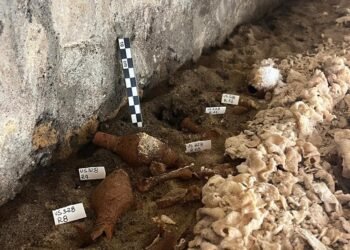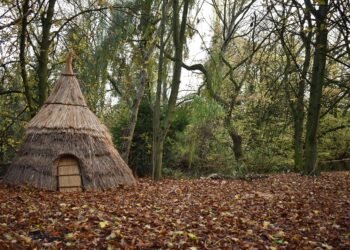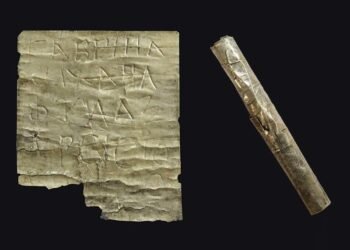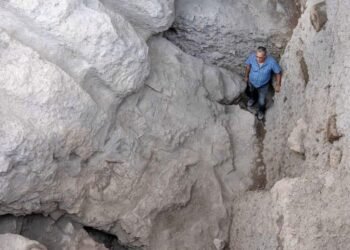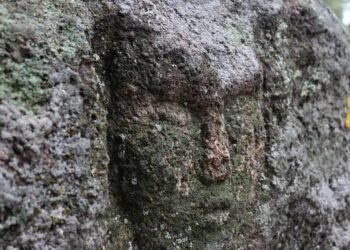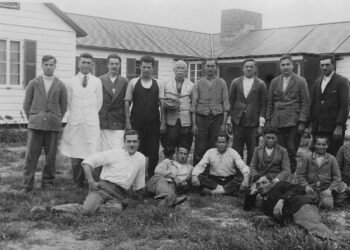A DNA study, led by members of the Blackfoot Confederacy and researchers from various U.S. universities, reveals that the Blackfoot Confederacy shares a genetic heritage dating back 18,000 years to the last ice age, providing compelling evidence for their deep-rooted connection to the Great Plains of Montana and southern Alberta.
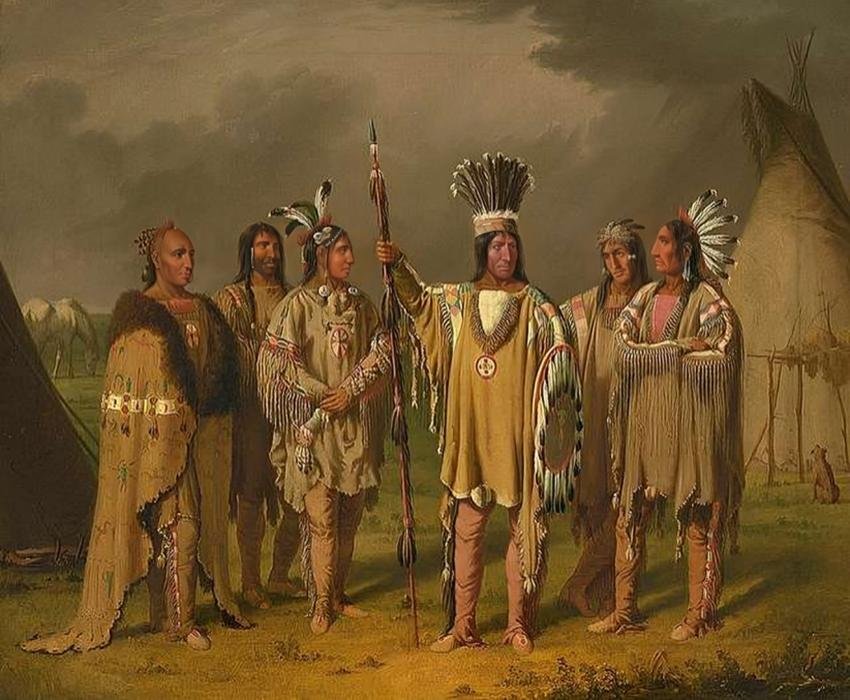
Comprising four related tribes – the Blackfeet, Kainai, Piikani, and Siksika – the Blackfoot Confederacy has long struggled to maintain control over their ancestral lands and water rights. Despite facing challenges from governments and energy sector interests, oral traditions and archaeological evidence have consistently testified to their presence in the region for over 10,000 years.
In a collaborative effort, modern DNA samples from six Blackfoot community members were compared with genetic data extracted from the remains of four ancestors held at the Blackfeet Tribal Historic Preservation Office and three ancestors held by the Smithsonian Institution. Radiocarbon dating placed these remains between 100 and 200 years old, with indications that some were taken from burial grounds on Blackfoot land during the 19th and 20th centuries.
The study, conducted in partnership with geneticists at the University of Illinois Urbana-Champaign, yielded remarkable findings. It confirmed the close genetic relationship between modern Blackfoot individuals and their ancient ancestors, supporting oral traditions passed down through generations. Furthermore, analysis revealed a previously unknown genetic lineage, diverging from other known Indigenous lineages in the Americas around 18,000 years ago during the Late Pleistocene period.

This discovery holds significant implications for treaty and Indigenous rights. By providing scientific evidence to bolster their claims to ancestral lands and resources, the study empowers the Blackfoot Confederacy in their ongoing legal battles and efforts to preserve their cultural heritage. The researchers acknowledged the possibility of repatriating the sampled ancestral remains in the future.
Dr. Ripan Malhi, a genetic anthropologist at the University of Illinois and co-author of the study, emphasized the importance of conducting genomics research through a community-led or collaborative approach.
Kim Tallbear, a professor of Native studies at the University of Alberta, told Science Magazine that the results may be useful for contemporary people because they provide a different kind of data to fill out the contours”
The study marks a significant step forward in bridging scientific inquiry with Indigenous knowledge, affirming the enduring legacy of the Blackfoot Confederacy and their rightful place in the history of the Americas.



